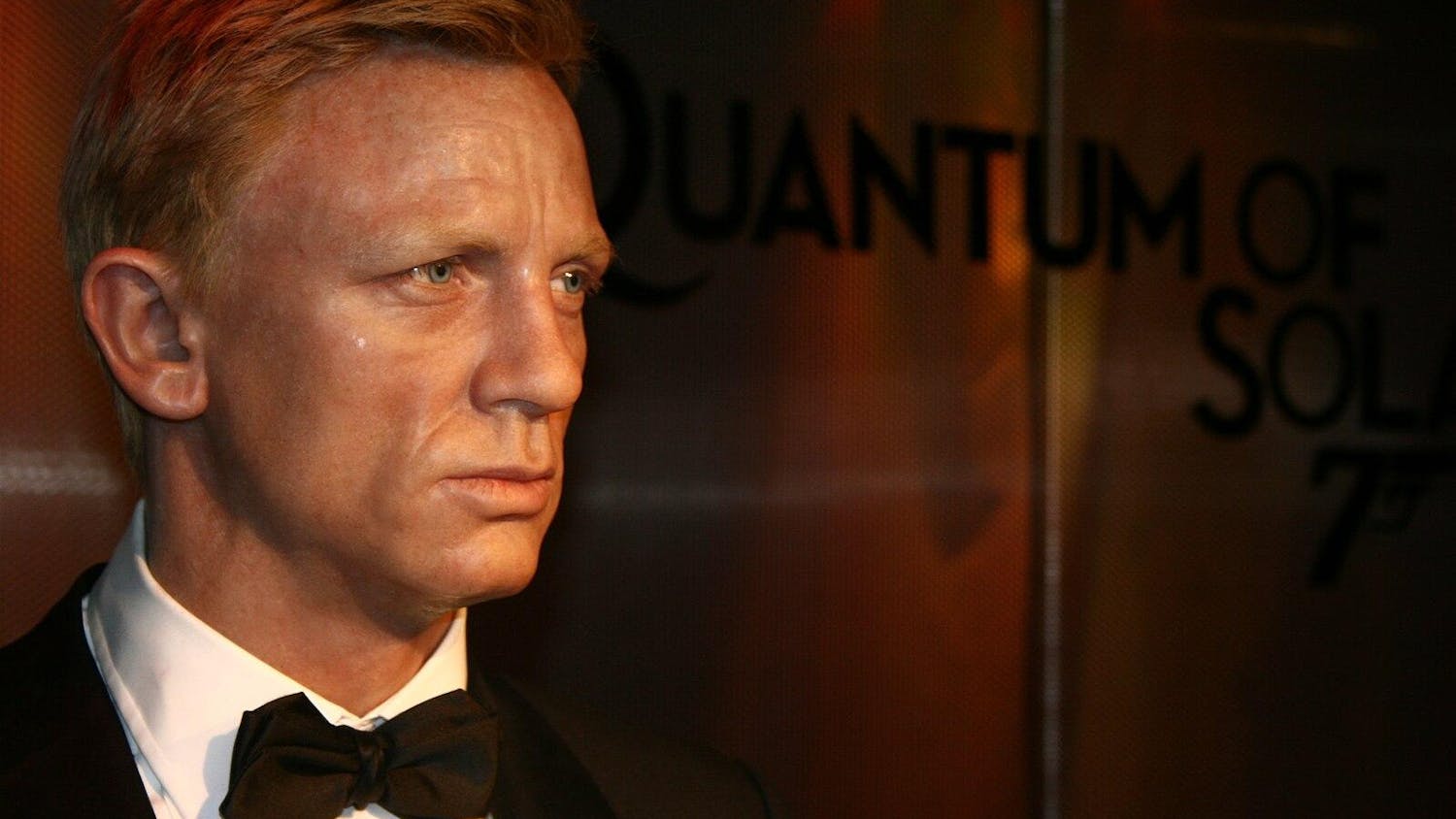The “Funny Girl” casting debacle is likely the biggest headline-grabbing scandal to hit Broadway in the past 10 years. For those living under a rock (or without Twitter), here’s your brief crash course. Back in 2014, at the peak of the public fascination with “Glee” (2009–15), show creator Ryan Murphy purchased the rights to a possible Broadway revival of the Barbra Streisand classic “Funny Girl” (1968). But, perhaps thinking the world had seen enough of Lea Michele singing the show’s hits, Murphy held off from putting up the show. Then, in 2020, Glee co-star Samantha Ware accused Michele of racist bullying on set back in their “Glee” days. This led to a flurry of accusations and public comments, leaving Michele’s reputation undeniably stained. In 2021, it was announced that Beanie Feldstein would headline a Broadway revival of “Funny Girl.” After heart-wrenching reviews and disturbingly shrill promotional footage, the relationship between Feldstein and the show’s producers quickly became tense. With Feldstein taking an early leave from the show, her replacement, none other than Lea Michele herself just two years after her public cancellation, was quick to cause a stir.
Having seen Michele perform live, it’s difficult to balance these two performers and their fates. Comparing Michele’s performance to Feldstein’s promotional footage, the difference in vocal quality is utterly apparent. Feldstein simply doesn’t have Michele’s belt, something almost entirely necessary for a vocal showcase like “Funny Girl.” It was a known fact from her “Glee” days that Michele could sing the show’s soundtrack with ease, whereas it took a trial by fire to prove that Feldstein couldn’t. In that way, analyzing Michele’s performance may be one of those wretched “separating the art from the artist” exercises. From all known sources, Lea Michele is not a good person. She should not have this platform, and she should not have this moment of public redemption (at least, without some demonstration of change). Nonetheless, her performance simply stands above Feldstein’s.
Much of the conversation on Michele’s performance centers around what her taking on the role means both for Broadway and the cash-grabbing producers in their black boxes. To some social media commentators, Michele’s casting stands as a sign that big budget producers only care about recouping their investment and growing a profit. That may well be true. As ticket prices skyrocket following Michele’s entrance into the role, the money-eyed scheming seems to have paid off. That being said, the issue is bigger than Michele and her selfish antics. The show “Funny Girl” itself is the ultimate profiteering scheme. In the most clear terms possible: “Funny Girl” is a horrible, horrible show. It’s poorly written, it’s poorly scored and it fails to capture just about any emotional resonance. The combined starpower of Barbra Streisand and a famous single (“Don’t Rain On My Parade”) propelled the show into the national spotlight. Now, with all eyes on “Funny Girl” as “Glee” continues to sweep the national consciousness, of course producers want to put up this garbage fire of a musical. In this way, Lea Michele is simply a symptom of a toxic production ideology, and not necessarily the cause.
Upon entering the August Wilson Theatre, audience members are faced with questions. Was Julie Benko, Feldstein’s understudy, actually better? Will Lea Michele use as much vibrato as her original performance? Can she read? Nonetheless, as you sit in the audience and let the mob mentality envelop you, one thing becomes clear: The Lea Michele reclamation campaign certainly worked. “Funny Girl” wasn’t just a musical; it was a concert, with fans screaming for every comedic quip. Standing ovations littered song after song, and viewers frequently took their phones out to record their favorite parts. Sure, the “Funny Girl” crowd may be a non-representative sample, but doesn’t this audience fervor say something? It seems that we’ve given up on her problems, given up on the claims of malpractice. For good or for worse, audiences simply forget about all that background as Michele proceeds to wail her face off. So, for all those screaming “end cancel culture” from their flimsy soapboxes, you’ll be happy to hear it: In this case, cancel culture never really existed. For Lea Michele, it took ‘oh so little’ for us to take her back. One high note and we simply forget.






